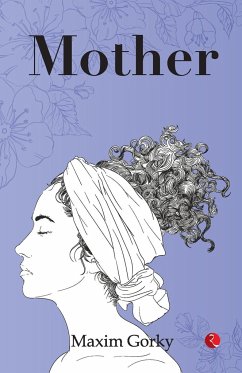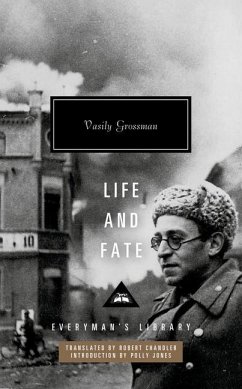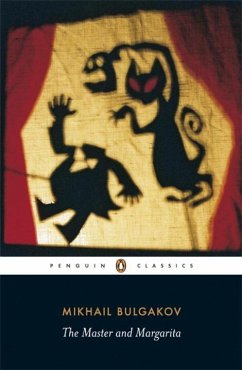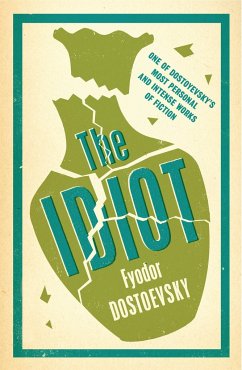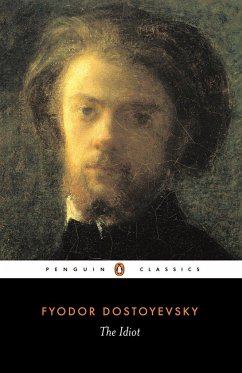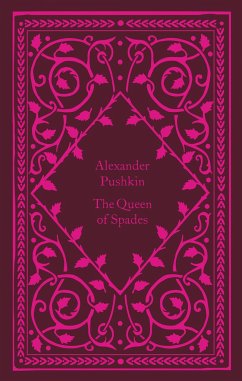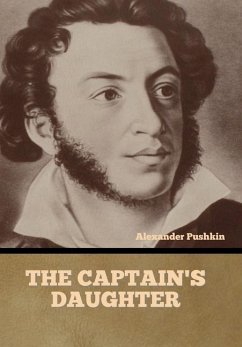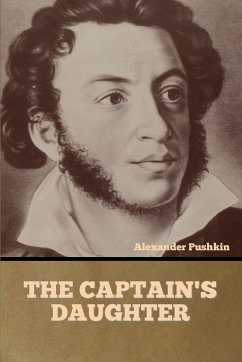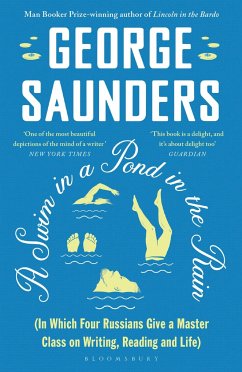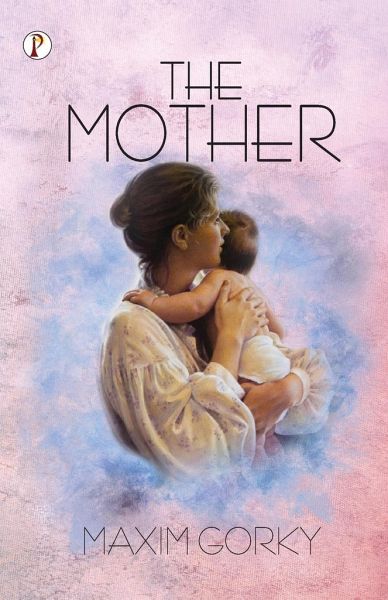
The Mother
Versandkostenfrei!
Versandfertig in 1-2 Wochen
26,99 €
inkl. MwSt.
Weitere Ausgaben:

PAYBACK Punkte
13 °P sammeln!
Mother is a novel written by Maxim Gorky in 1906 about revolutionary factory workers. Gorky portrays the life of a woman who works in a Russian factory doing hard manual labour and combating poverty and hunger, among other hardships. Pelageya Nilovna Vlasova is the real protagonist; her husband, a heavy drunkard, physically assaults her and leaves all the responsibility for raising their son, Pavel Vlasov, to her, but unexpectedly dies. Pavel noticeably begins to emulate his father in his drunkenness and stammer, but suddenly becomes involved in revolutionary activities. Abandoning drinking, P...
Mother is a novel written by Maxim Gorky in 1906 about revolutionary factory workers. Gorky portrays the life of a woman who works in a Russian factory doing hard manual labour and combating poverty and hunger, among other hardships. Pelageya Nilovna Vlasova is the real protagonist; her husband, a heavy drunkard, physically assaults her and leaves all the responsibility for raising their son, Pavel Vlasov, to her, but unexpectedly dies. Pavel noticeably begins to emulate his father in his drunkenness and stammer, but suddenly becomes involved in revolutionary activities. Abandoning drinking, Pavel starts to bring books to his home. Being illiterate and having no political interest, Nilovna is at first cautious about Pavel's new activities. However, she wants to help him. Pavel is shown as the main revolutionary character. Nevertheless Nilovna, moved by her maternal feelings and, though uneducated, overcoming her political ignorance to become involved in revolution, is considered the true protagonist of the novel. Alexei Maximovich Peshkov, popularly known as Maxim Gorky, was a Russian writer and political activist. He was nominated five times for the Nobel Prize in Literature. Gorky's most famous works are his early short stories, written in the 1890s; plays The Philistines (1901), The Lower Depths (1902) and Children of the Sun (1905); a poem, ""The Song of the Stormy Petrel"" (1901); his autobiographical trilogy, My Childhood, In the World, My Universities (1913-1923); and a novel, Mother (1906); and post-revolutionary works such as the novels The Artamonov Business (1925) and The Life of Klim Samgin (1925-1936), the latter is considered Gorky's masterpiece and has sometimes been viewed by critics as a modernist work. He had associations with fellow Russian writers Leo Tolstoy and Anton Chekhov, both mentioned by Gorky in his memoirs.




